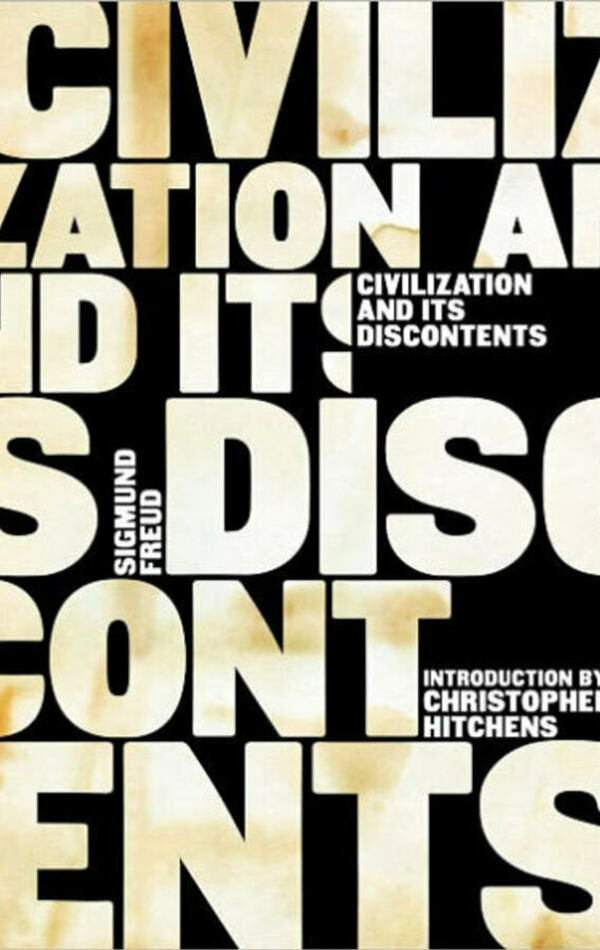
He argues that a neighbor is not only a potential friend or lover, butĪlso someone who tempts them to satisfy their aggressiveness on him, to exploit his capacity for work without compensation, to use him sexually without his consent, to seize his possessions, to humiliate him, to cause him pain, to torture and to kill him.Ĭonsider the way in which your “neighbors” or fellow Americans, or fellow humans, are represented and discussed in popular culture.

The book is even a doorway into conversations about the nature of war itself.ġ) A section of chapter 5 is devoted to Freud’s criticisms of the biblical ideas of loving ones’ neighbors as oneself and loving ones’ enemies. Putting the text in its historical context (the fact that Freud was writing it after World War I and during the early rise of Hitler’s Germany), could lead to more specific and situated conversations about the impact of world events on the development of philosophy and art and, equally, ways philosophy and art can help make sense of disturbing contemporary events. These are all topics that present themselves in the text alone. At its core, the book invites a debate about basic human nature-are we capable of transcending aggression? Is our core hostile and selfish? in the background as trivialities” but which are also “useless” and “with no practical value whatever.” About love. But the book itself provides so many opportunities for debate-about religion, which Freud considers a “mass delusion.” About the Arts, which are not something that anyone “would care to put. In Freud’s view, human beings are caught, seemingly eternally, between a rock and a hard place. Admittedly, Civilization and its Discontents paints a bleak view of the possibilities for both the individual and civilization.


 0 kommentar(er)
0 kommentar(er)
